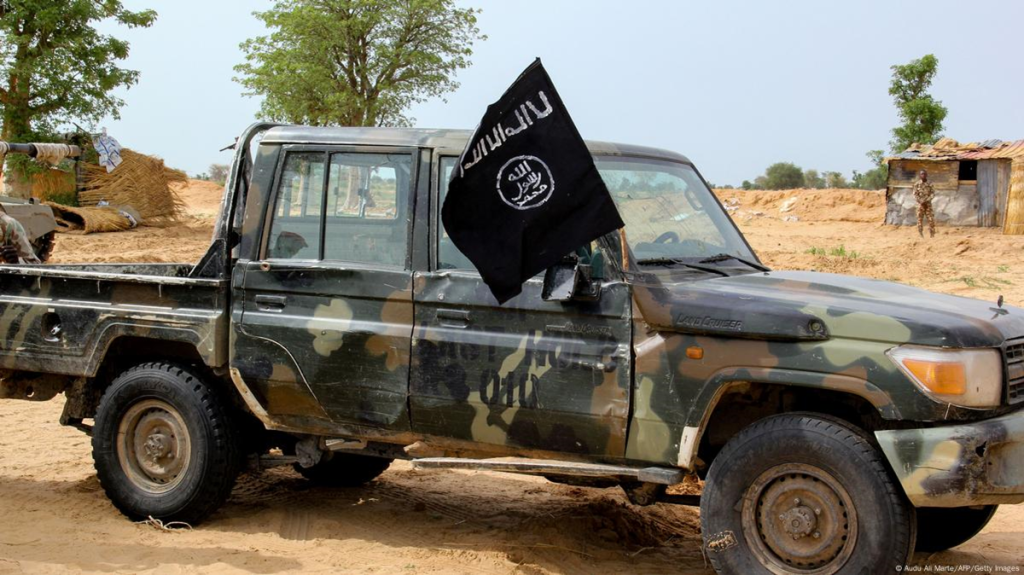Djibouti’s Foreign Minister and African Union (AU) candidate, Mahamoud Ali Youssouf, addressed governance challenges in Africa during his visit to Addis Ababa, Ethiopia. He emphasized that deteriorating security in some regions is undermining governance progress across the continent.
Africa has experienced a wave of coups in recent years, raising concerns within the international community. Climate change has further intensified tensions. Since 2020, Mali, Guinea, and Burkina Faso in the Sahel have witnessed coups, while Sudan, in the north, has been gripped by civil war since April 2023. The conflict in Sudan has claimed tens of thousands of lives and displaced millions.

Youssouf pointed to governance problems in insecure nations, noting that these challenges are stalling Africa’s development. He stressed that the AU’s next commission must prioritize peace and security to achieve broader goals, including the establishment of a continent-wide free trade area.
Despite these challenges, Youssouf expressed optimism about Africa’s growing prominence on the global stage. He highlighted the AU’s inclusion in the G20 and its ambition for two permanent seats on the UN Security Council as milestones of progress.
At 59, Youssouf has served as Djibouti’s foreign minister since 2005. His candidacy for the AU chair faces competition from Kenyan opposition leader Raila Odinga and Madagascar’s Richard Randriamandrato. The election, conducted via secret ballot, is scheduled for the February 2025 AU summit.
The Chairperson of the African Union (AU) serves as the symbolic leader of the organisation, representing its collective vision and agenda. This position is elected annually by the Assembly of Heads of State and Government, ensuring a rotating leadership that reflects the diversity of the continent’s five regions.
To assume the role, a candidate must secure either consensus among member states or a two-thirds majority vote. Nations facing possible elections are typically disqualified, as the chairperson is expected to fulfill the term without interruptions or political transitions.
This structured process underscores the AU’s commitment to unity and balance, with the rotation system ensuring equitable representation across Africa’s regional blocs


